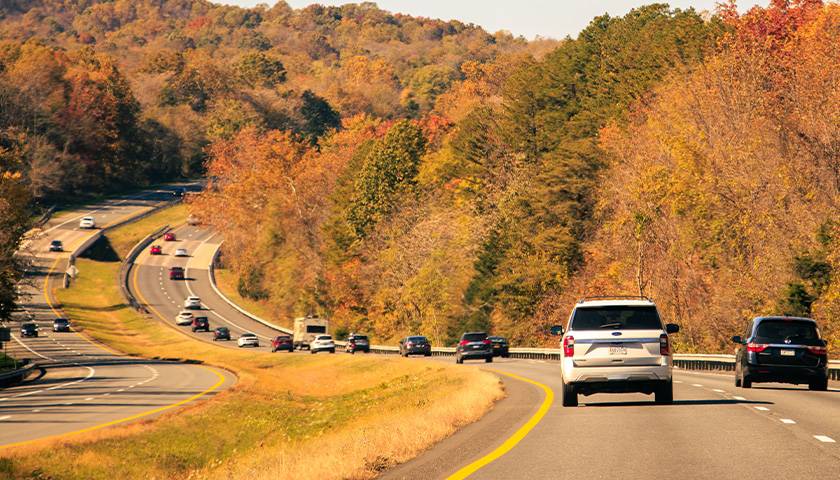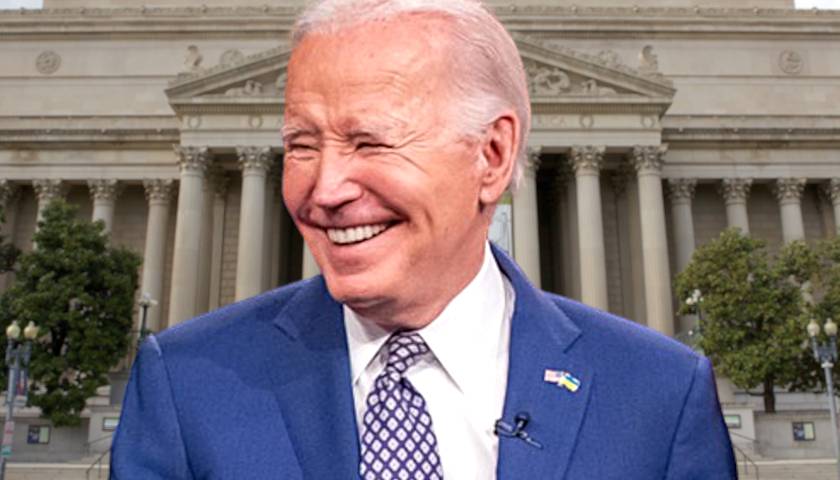by Sarah Roderick-Fitch
Virginia has been crowned No. 1 for best highways in the country for performance and cost-effectiveness, according to a new report.
The commonwealth’s highway system moved up one spot from last year, according to The Reason Foundation’s 27th annual Highway Report. Within the report’s key metrics, Virginia also ranked No. 1 overall and in the “capital-bridge disbursements ratio” category.
The Old Dominion scored in the top five states in two other categories, “rural other principal arterial pavement condition” (third) and “rural interstate pavement condition” (fifth).
“Over the past two years Virginia’s ranking has improved 20 spots due to the improvement in all four disbursement categories, including by double digits in capital and bridge disbursements,” according to the report’s author, Baruch Feigenbaum.
Virginia had no rankings in the bottom 20 of the states. The commonwealth’s worst rank was in the “other fatality rate” category, which was ranked at 29, two spots above the third worst-ranked category, “rural fatality rate.”
The author explained Virginia uses a “cost/benefit analysis tool” to help determine projects to undertake.
“As a report the state is able to focus on ‘needs’ instead of ‘wants’ and choose projects that have the biggest impact on drivers,” Feigenbaum told The Center Square.
Feigenbaum believes another factor in the success of Virginia’s roadways is a “legacy” of bipartisanship by Democrats and Republicans.
“Virginia DOT is more isolated from politics than other entities,” he told The Center Square. “This is due to both one, how the department is organized, two, leadership that has prioritized the improvements of roadways via less congestion and more economic development.”
The commonwealth is somewhat unique in that it has partnered with private companies to build and manage express lanes. Transurban, an Australian company, and Cintra, a Spanish company, have invested in the expansion and management of the express and High Occupancy lanes of I-95, I-395, I-495 and I-66 in Northern Virginia.
“Managed lanes projects that Transurban builds, the private equity that they invest, including financing and funding that they provide to the state of Virginia, is not included in our calculations,” Feigenbaum told The Center Square. “However, we do include the tolls and any gas tax revenue that is required to build and maintain the managed lanes.”
Feigenbaum included the report treats other states with similar partnerships the same, which include: Colorado, Florida, Georgia, Indiana, Minnesota, North Carolina, Pennsylvania, Tennessee and Texas.
The commonwealth is also unique in that the Virginia Department of Transportation is responsible for maintaining almost all of the roads, with the exception of Arlington and the City of Richmond. Feigenbaum notes that “those two jurisdictions are still using mostly state money.”
“Virginia’s state-controlled highway mileage makes it the third largest highway system in the country,” according to the report.
According to Feigenbaum, other states where their DOTs maintain nearly all of the roads include North Carolina (No. 2 overall in the report), South Carolina, West Virginia and Pennsylvania.
Overall, the report is positive for Virginia. There are areas in which the report recommends the commonwealth improve, citing the reduction of traffic congestion and improved fatality rates.
Data used in Reason’s 27th annual Report is from 2020-2021.
– – –
Sarah Roderick-Fitch is The Center Square’s Mid-Atlantic Regional Editor. She has previously worked as an editor, and has been a contributing writer for several publications. In addition to writing and editing, Sarah spent nearly a decade working for non-profit, public policy organizations in the Washington, DC area.
Photo “Virginia Highway” by Henry Deng.




